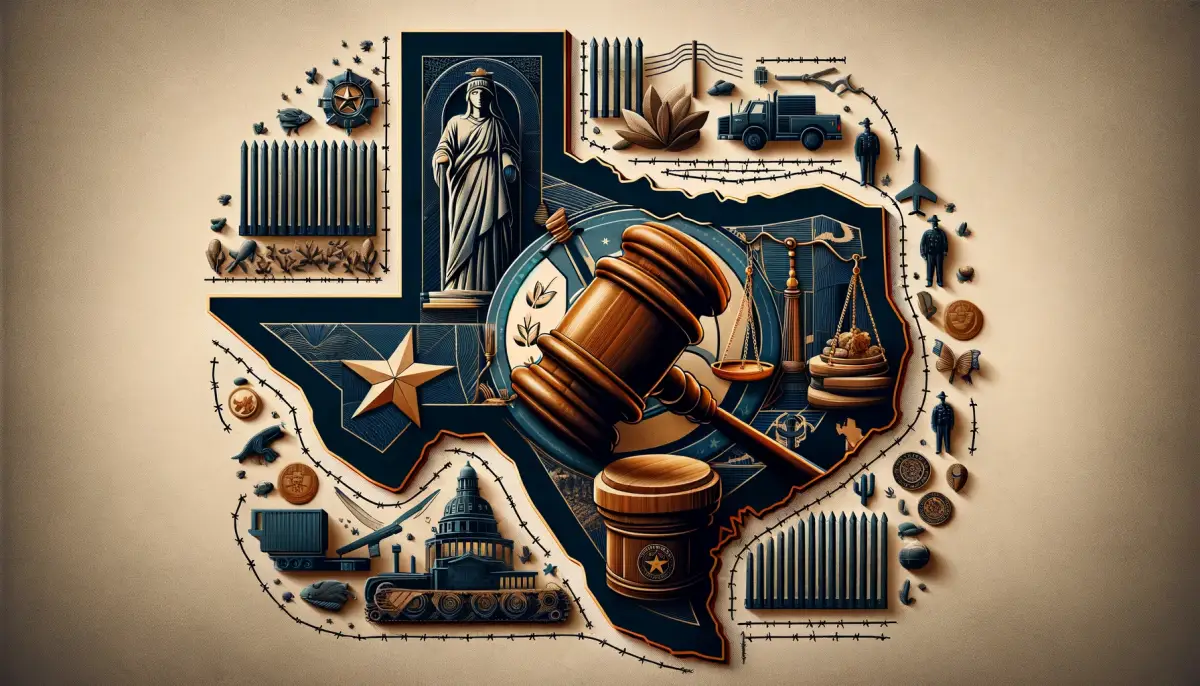In a significant legislative move, Texas has ramped up its battle against human smuggling with the implementation of Senate Bill 4, a law that dramatically increases the minimum sentence for individuals convicted of human smuggling or operating a stash house. As of February 6, 2024, the law shifts the minimum sentence from two years to a staggering ten years, marking a severe escalation in the state’s punitive measures against this crime.
Key Highlights of the Legislation:
- Senate Bill 4: The bill was passed during the state Legislature’s third special session last year, with Governor Greg Abbott signing it into law in December. It targets those convicted of smuggling immigrants or operating stash houses, substantially increasing their minimum sentences.
- Rationale Behind the Law: Governor Abbott has been vocal about Texas needing to defend itself from drug cartels and blames the Biden administration’s immigration policies for the state’s challenges. This law is part of the broader Operation Lone Star, which has seen over $10 billion allocated since 2021 to deter illegal border crossings into Texas.
- Criticism from Advocates: Immigrant rights advocates have criticized the new law, arguing that it will lead to an increase in the incarcerated population without effectively deterring the crime. They contend that the law will exacerbate jail overcrowding and further militarize the Texas-Mexico border without addressing the root causes of immigration and smuggling.
Diverse Reactions:
The law has garnered mixed reactions, with proponents viewing it as a necessary step to combat human smuggling and opponents raising concerns about its implications for justice and human rights. Critics, including David Stout, an El Paso County commissioner, and Alan Lizarraga, communications manager for the Border Network for Human Rights, argue that the approach is misguided and will not solve the underlying issues.
Broader Immigration Legislation:
Senate Bill 4 is part of a trio of high-profile immigration-related bills approved last year, which also includes funding for border barriers and a new state crime for illegally crossing the border from Mexico. These legislative efforts highlight Texas’ aggressive stance on immigration and border security, setting the stage for potential legal challenges and a continued debate over the state’s approach to these complex issues.
This development underscores the ongoing tensions surrounding immigration policy in Texas and the United States, reflecting the broader national debate on border security and immigration reform. As Texas implements these stringent penalties, the impact on communities, the legal system, and border security will be closely watched by both supporters and critics of the legislation.
For more detailed information, check out the coverage from The Texas Tribune and related news sources to get various perspectives on this significant legal development.








